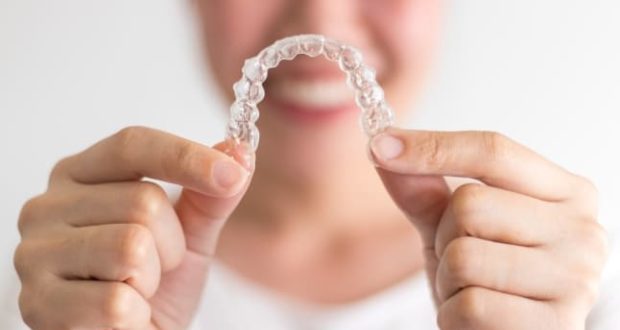Consequences Of Sperm Donation
The act of sperm donation, like egg donation, is a highly noble one. Donors allow childless couples the opportunity of having their children.
Sperm donor rights and the legality of sperm donation procedures can vary according to local laws. At a minimum, the donor is entitled to anonymity and is also thoroughly screened for specific medical conditions before the sperm bank clearing him to be a sperm donor.
There’s a wide range of ethical issues and potential consequences associated with sperm donation.
Although donating sperm doesn’t negatively affect a man’s health, there are some possible consequences you should be aware of.
Health Factor
Sperm donors tend to be men ranging from 23 to 34 years old. One area needing study the health of children sired by a man whose sperm is nearing the end of its viability. Sperm usually considered viable for up to 10 years.
This study will require statistical evidence and research and can be regarded as possibly a negative consequence of sperm donation.
Number of Births
Most clinics place limits on the number of successful births an individual sperm donor can have. Limits can range from four to up to 10 deliveries. These limits are to prevent the potential of children committing incest unknowingly.
There isn’t any way of keeping track who was sired by whom and what can happen after they grow up and get into relationships.
Social Factor
These days there’s lots of effort being put into making sperm donation a more socially acceptable and respectable process. There are sperm banks and fertility clinics located in nearly every country, establishing sperm donation as a legal and widely acceptable procedure.
However, you can view it as one of sperm donation’s side effects there’s an entire range of ethical issues that are associated with sperm donation. With clinics and NGOs raising awareness, now sperm donation is considered to be a treatment and procedure.
Regarding artificial insemination, sperm donation is gaining acceptance fairly easily. There are even kits allowing for artificial insemination at home. However, one possible consequence of being a sperm donor is they might not have it so easy when it comes to their personal relationships.
This is mainly due to lack of awareness and misconceptions. It is also indicated by studies that emotional issues have much to do with it.
A girlfriend or wife of a sperm donor might give her consent, but relationships in many cases undergo a large amount of strain on account of this. Although counseling and awareness can be helpful, the donor may have a hard time having a simple love life.
Couples deciding to undergo sperm donation fertility treatment, on the other hand, are frequently found to have negative views relating to the sperm donor’s authenticity. Although they are aware of the fact that donors have to undergo extensive screening before being allowed to donate sperm, there is still a hostile preconception towards them.
So despite the noble intention and efforts of a sperm donor helping a childless couple have the chance to experience the joys of becoming parents, they are often viewed with a lot of skepticism compared with how egg donors are perceived. This can be very discouraging.
Coping With Reality
Children who are aware they were born via sperm donation frequently question why this method was used.
In some cases, the children or the mother or spouse of the mother will find the process to be unethical, and the sperm donor will end up being accused.
Coping with the realities of being a sperm donor can also be considered a potential consequence of being a donor.






